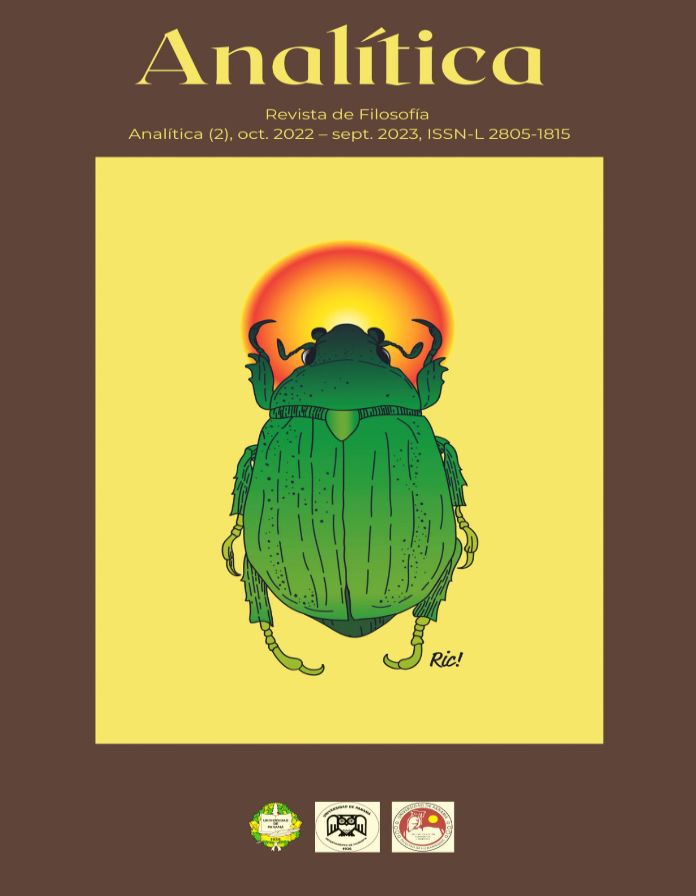


Este trabalho encontra-se publicado com a Licença Internacional Creative Commons Atribuição-NãoComercial-CompartilhaIgual 4.0.
This article examines the special features of the atmosphere in Habsburg’s Vienna, which led to the formation of such a direction in philosophical thought as a critique of language (Sprachkritik) and the influence its representatives such as Karl Kraus and Fritz Mauthner on the later Ludwig Wittgenstein’s views on language. I argue that Sprachkritik was inextricably connected with Sprachkrise (crisis of language), Sprachkrise was a strongly Austrian phenomenon due to special socio-cultural-political reasons and which led to the consideration of the very phenomenon of language from a new point of view. Here I claim that Ludwig Wittgenstein, a ‘product’ of Habsburg’s Vienna, was strongly influenced by the intellectual atmosphere of the critique of language reigning in it. In Roberto Poli’s (1997: 16), scholar in sociology and philosophy, words, the “language-world relationship was a central element of the intellectual debate of those years: suffice it to mention Rainer Maria Rilke and Hugo von Hofmannsthal among writers, and Fritz Mauthner and Ludwig Wittgenstein among philosophers.”